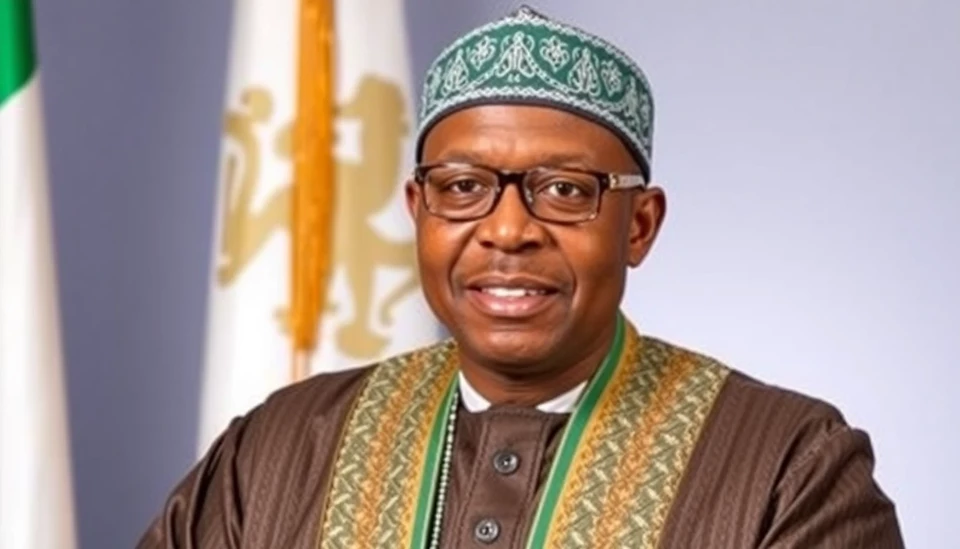
In a bold move aimed at revitalizing Nigeria's economy, the Central Bank of Nigeria's (CBN) Governor, Godwin Emefiele, recently discussed the implementation of new reforms surrounding the country's currency, the Naira. During a press conference, Emefiele made it clear that these modifications are specifically designed to attract foreign investors and create a more accessible monetary environment.
Emefiele's comments come in the wake of ongoing challenges faced by Nigeria, a nation that has seen its economy fluctuate significantly in recent years due to various global pressures and internal dilemmas. With heightened inflation rates and a depreciating currency, efforts to streamline economic policies have gained urgency. The CBN is responding with innovative strategies aimed at ensuring the Naira is competitive against other currencies while also making it an appealing option for foreign investments.
One of the key aspects of Emefiele’s reform plan is simplifying the foreign exchange process, which has been a significant barrier to investment. Under the new framework, exchange rates will become more market-driven. This shift is expected to increase transparency and boost investor confidence. In addition, the CBN aims to provide incentives for both local and international investors to engage more thoroughly with the Nigerian market.
As part of these reforms, foreign investors would benefit from easier access to the Naira, reducing the logistical frustrations that often accompany capital transactions in the country. Emefiele emphasized that the Central Bank would be stepping up its efforts to stabilize the currency, which, in turn, should minimize the risk associated with investment in Nigeria.
The response from the market has been cautiously optimistic. Analysts stated that if these reforms are implemented effectively, there could be a significant influx of investment in sectors such as infrastructure, agriculture, and technology. Each of these sectors is seen as a potential keystone for economic growth and diversification, crucial for Nigeria as it grapples with oil price volatility.
Nigeria's population—one of the largest in Africa—presents a unique advantage that foreign investors are likely to consider amidst these reforms. Emefiele hinted at further collaboration between the government and the private sector, which aims to enhance the business climate and attract more international players to the Nigerian economy.
Looking forward, the CBN will continue to monitor the impact of these changes closely and adjust its approach as needed to ensure that the objectives of fostering a robust and investor-friendly environment are met. The reforms signal a pivotal shift in Nigeria's economic policy trajectory, aligning the country more closely with contemporary practices that have proven successful in attracting investment in other emerging markets.
As the world watches, Nigeria stands at a critical juncture, with the potential to harness its resources and strategic position in Africa to emerge as a regional economic powerhouse. The success of these reforms will ultimately reflect not only on its central bank but on the nation as a whole, shaping the future dynamics of investment in an economy long considered a sleeping giant.
In summary, the ongoing commitment by the Central Bank of Nigeria to reform the Naira is anticipated to entice foreign investors significantly, paving the way for enhanced economic stability and growth within the nation.
#NairaReforms #NigeriaEconomy #ForeignInvestment #CentralBank #GodwinEmefiele #InvestmentPotential
Author: Daniel Foster




